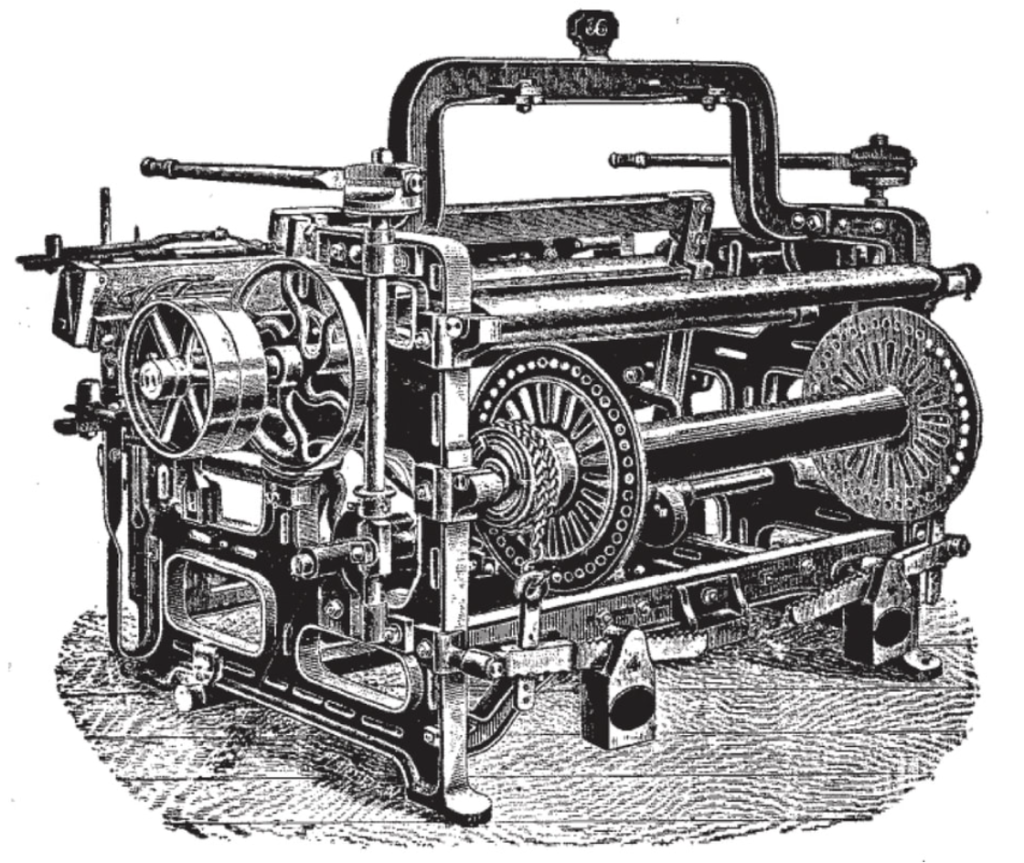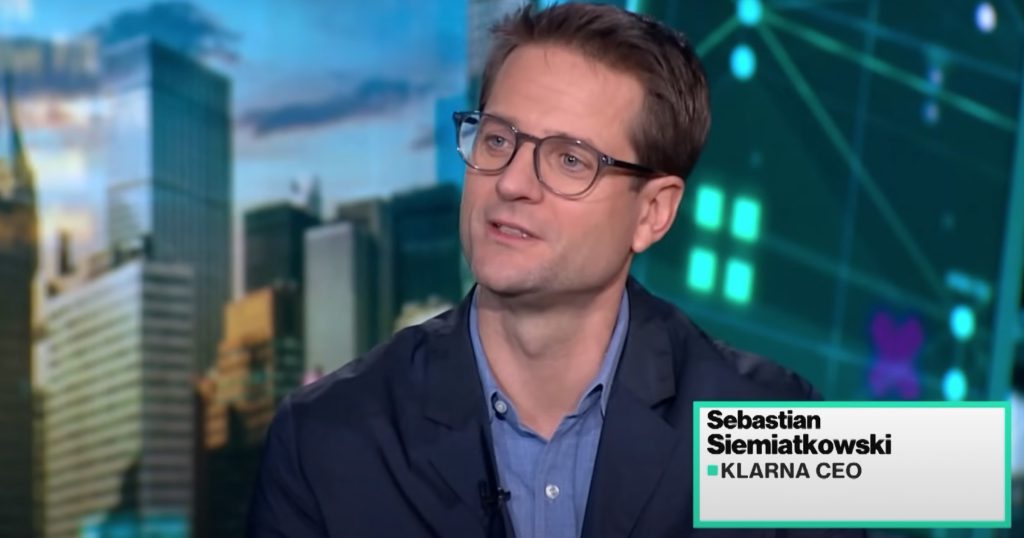Disclaimer: Unless otherwise stated, any opinions expressed below belong to the author.
Sebastian Siemiatkowski, CEO of Klarna, a Swedish based fintech company (currently valued at about US$15 billion), said the company stopped actively recruiting new hires a year ago, because artificial intelligence (AI) can essentially do all of the jobs already.
“It’s just a question of how we apply it and use it,” he told Bloomberg TV in an interview last week.
Klarna is a “buy now, pay later” service provider with a banking licence in Europe, catering to 85 million customers buying at one of approx. 600,000 retailers globally.
The company saw its headcount drop from 4,500 to 3,500 people within the last year in what Siemiatkowski, once worth over US$3 billion (though currently hovering around US$1 billion in net worth) described as “natural attrition,” as “people stay about five years, so 20% leave every year. By not hiring, we’re simply shrinking.”
Fewer people, more money
Not all is bad news for us humans, though.
Siemiatkowski revealed that the company told its staff that “what’s going to happen is the total salary cost of Klarna is going to shrink, but part of the gain of that is going to be seen in your paycheck. So we’re going to give some of the improvements that the efficiency that AI provides by increasing the pace by which the salaries of our employees increase.”
As with every technological revolution, then, it seems that people will benefit in a similar way: with fewer of us employed to work on a particular task but paid better than before, by virtue of a growing number of companies employing the innovation to offer all kinds of new products and services.
It happened with agriculture, it happened with industry, it’s now about to happen with services, which are the primary employment of people in the most developed countries in the world.
So, if you were hoping to land a job with Klarna you may be out of luck. The company still has listings open on its site, but says it is mainly backfilling only some essential roles in engineering. However, you should expect more companies looking to hire, trying to take advantage of the AI revolution.
Just like it has happened since the invention of the first mechanised cotton loom some 240 years ago.

Innovation always displaces some existing employees initially, but gradually creates even better paid jobs that we haven’t even imagined before.
Featured Image Credit: Bloomberg TV










